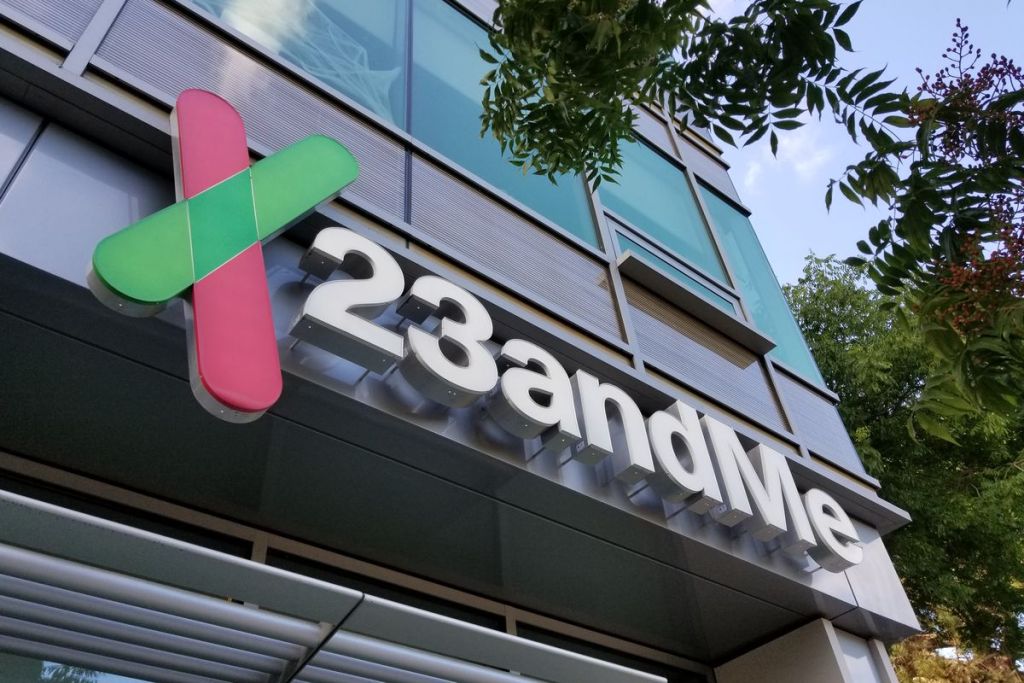The fact that human beings can conceive ideas bigger than themselves is something we don’t acknowledge enough. You see, by daring to go above and beyond our limits, we give ourselves probably the most viable chance at becoming better, and we don’t just do it a few times. Instead, it’s an everyday process; therefore our each day is practically loaded with potential. Now, what we make of this potential is highly subjective. At times, we use it to produce a breakthrough for the ages, whereas there are also certain instances where we just fail to put-together a productive attempt around it. It’s important to note that regardless of how much we try, we cannot completely eliminate the latter possibility. We can, however, still take away at least some learning from it. When you do so, it contributes to a larger knowledge pool, and the incentive for having the said knowledge is humongous, as once you have an opportunity, you would be in a position to link them up and create an unprecedented reality. This is exactly how the cookie crumbled in technology’s case. With our extensive knowledge powering it at every stage, technology went on to achieve some crazy success levels, and yet it never stopped and rested on its laurels. Every time we would think that the creation was peaking, it used to come up and deliver a whole new basis for growth. Honestly, even after so long, technology is still going strong. In fact, it made a fresh appearance only recently in the medical sector.
23andMe, a genetic testing company, has officially secured FDA’s approval for its prostate cancer risk test. The organization now has three approved cancer risk tests. Previously, 23andMe had created devices, which talked to a possibility of predicting breast cancer and colorectal cancer. The new test, though, will reportedly target a mutation on HOXB13 gene that is often associated with an increased risk of developing prostate cancer. If further details are to be believed, then customers will also reserve an option regarding whether they want to see the result themselves or not. Assuming they want to see it, the customer will then gain access to an education module specially designed for guiding them in interpretation of their results.
“These reports provide our customers with the knowledge that they might be at risk for certain diseases, including hereditary cancers, empowering them to take appropriate preventative action with their healthcare provider,” said Anne Wojcicki, CEO and co-founder of 23andMe, when about the new prostate cancer test.


















